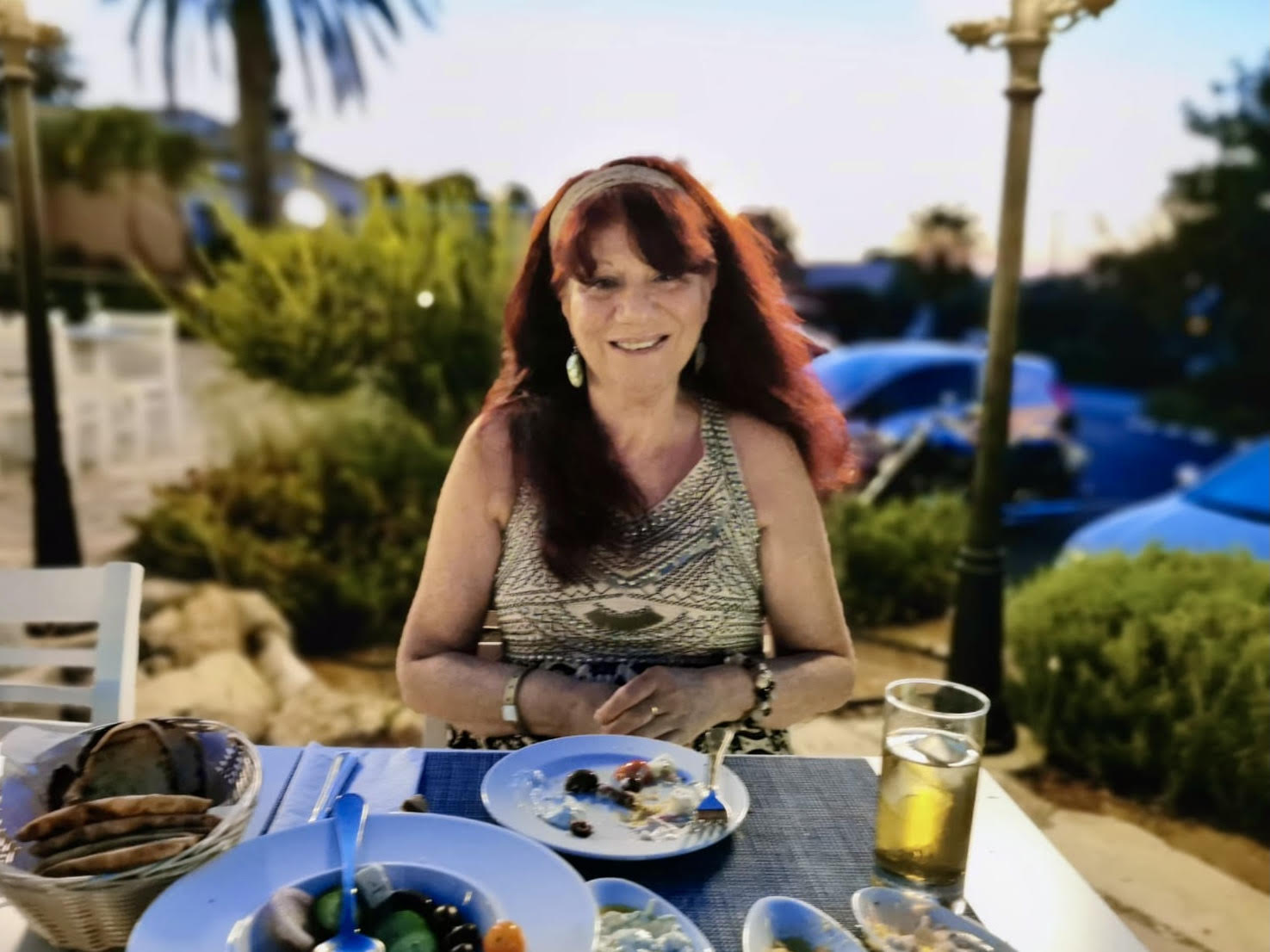I’m not brave.
I have never offered to check if there’s a burglar or terrorist outside in our garden when the dog growls and barks at night.
I take a tranquillizer before I visit the dentist.
I don’t live in a town or a kibbutz five minutes from a border. When I worked in the community school on a deserted, badly-lit road, I recited the Shema as I drove home at night from staff meetings. I clutched the steering wheel, my body hunched forward, tailing the headlights of the driver in front of me.
I’m not strong.
I don’t stack boxes of clothes and food, cans of non-perishables and lift packages. I can just about manage to sort bags of clothes and games and deliver them to the collection point.
It takes enormous willpower for me to force myself to move from the sofa to the chair. To press the “donate“ button on my screen for fundraisers for the hostages’ families, to rebuild the southern communities, and provide hot meals for soldiers. I struggle to complete one thought, to follow each action through to the next.
I stand on the pavement outside my home to pay my last respects to an unknown soldier. The military cemetery is at the end of my street. I’m hardly going out of my way to get there, am I?
I don’t even have the strength to cry.
My tears have become hard nuggets of ice, clogging my veins. It’s just as well. If I open the gates and let down the drawbridge to grief, it might overwhelm me.
I gather up craft supplies for children evacuated from the southern towns and kibbutzim. Stickers, colouring books, crayons and cardstock. I have it all here anyway; I only need to go through my boxes of teaching materials and take a shopping bag over to the family who will deliver them.
Will they make a difference? Will one little boy in a hotel glimpse the picture of Fireman Sam and recognize a familiar face from his ended past life and forget his loss for one second? Will another child grab the pages of sticker shapes and make the flowers from her wrecked garden grow again?
I don’t stray far from home.
I shop in the supermarket for the ingredients for cookies and cakes. I drag my feet and nudge the trolley through the aisles, while the people around me are silent, turned in on themselves. Will my buttery, chocolate pastries and maple nut cakes be a soldier’s last snack, a hastily grabbed memory of home?
I make no grand gestures.
My store room isn’t packed with spare furniture to furnish an empty house. I host no families.
I hoard my energy, so that I can occupy the grandson whose parents are trying to work from home, and listen to my weeping daughter-in-law in the evening. She whispers to me on the phone in the dark between missile attacks, that when she looks at my fifteen- month-old granddaughter, she sees other babies that live no more. I hug my daughter during sleepless nights when she grieves for her friends who went to the wrong music festival and didn’t return and the others who have been called away in uniform and may not return.
I have no agency, no power or influence.
I signed up for the “Spiritual Iron Dome” of daily prayer, but who am I kidding? Do I really believe that my prayers have the power to protect my list of soldiers, my friends’ sons or my daughter’s old classmates? To bring the hostages home alive and unharmed?
My Facebook posts won’t change anybody’s mind or opinion. I’m a howling wolf in the dark, hungry for echoes, while I cower in the cave of my house, nuzzle the dog, sit cross-legged on the quilt in our shelter.
I can’t concentrate.
I write no blogs or war diaries, no testimony or witness accounts. Fragmented phrases collect like un-swallowed saliva in my mouth. They cough themselves out, leaving choked half-sentences on the page.
Maybe it doesn’t matter.
Maybe the hands that bake the cakes, press the numbers on the phone, drive the car across town, scribble the words and turn the pages in a book of Psalms perform the very acts of survival, making a pledge to stay and stay and stay.
“Freeze” was written during the first month after 7th October, in order to document my first reactions to the indescribable.


